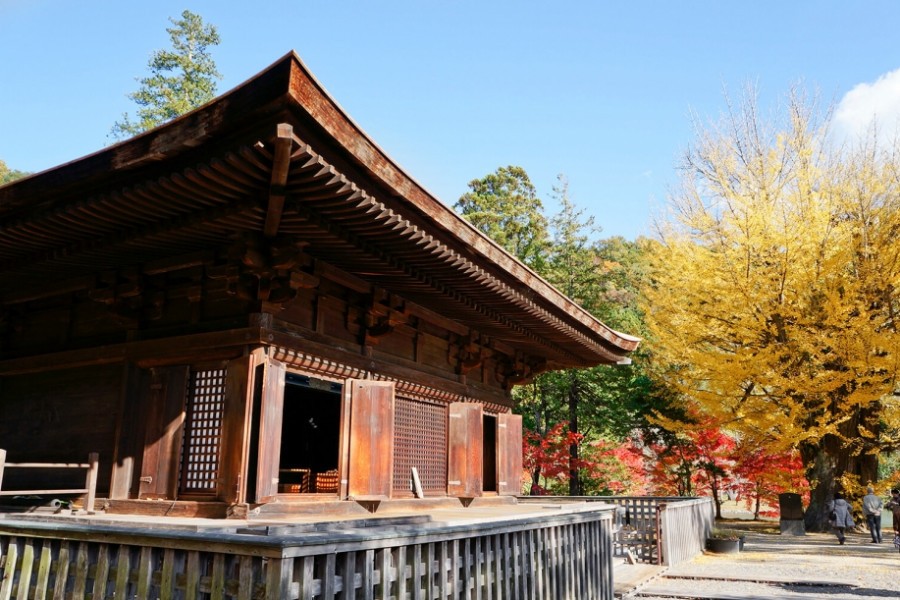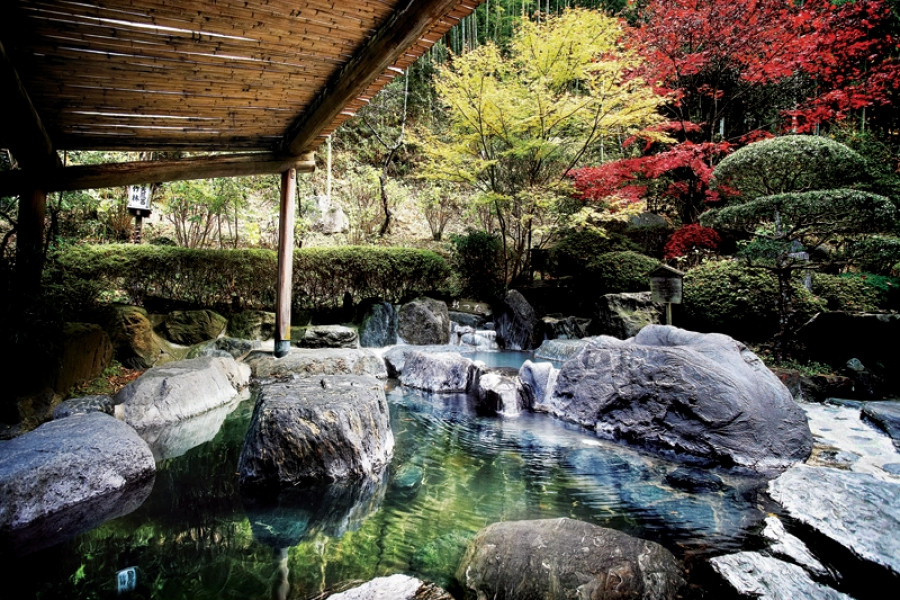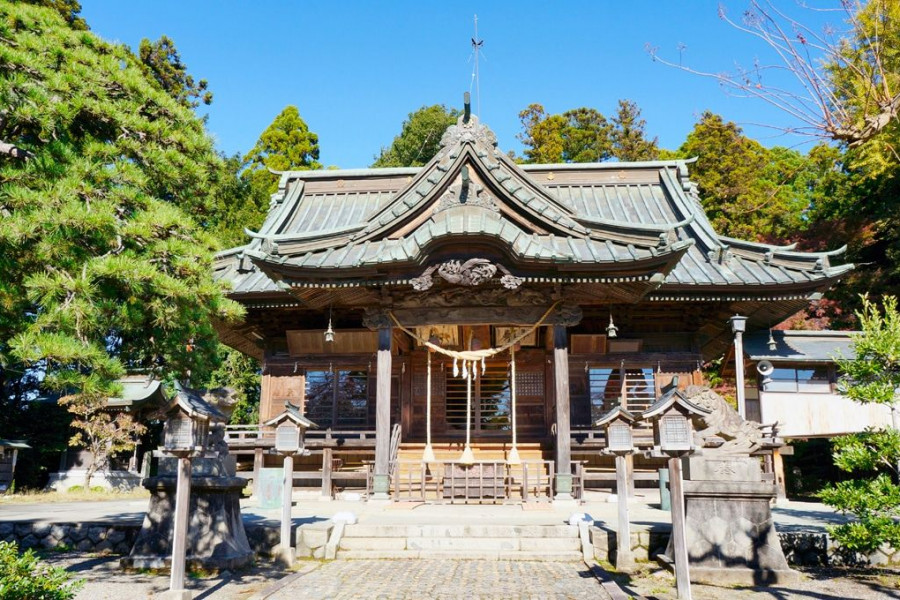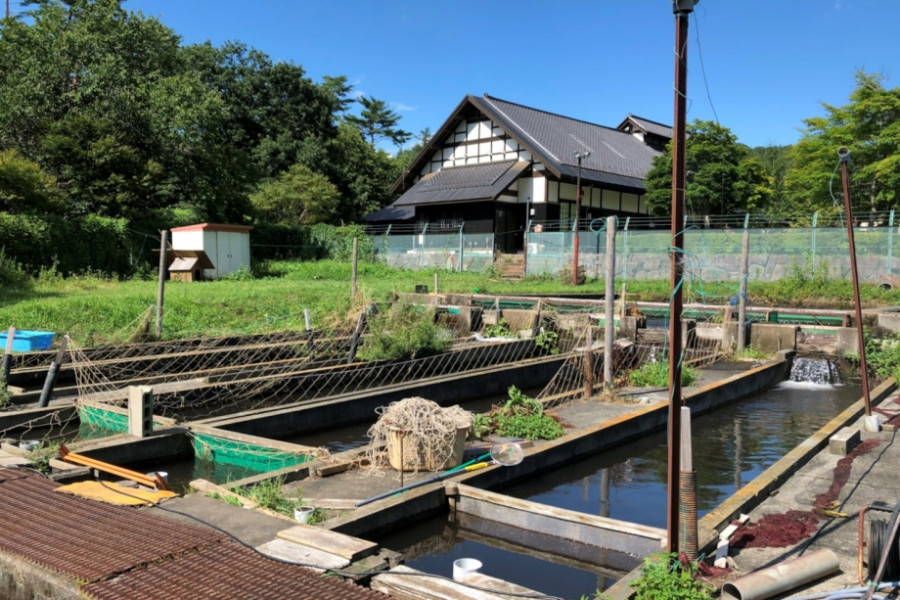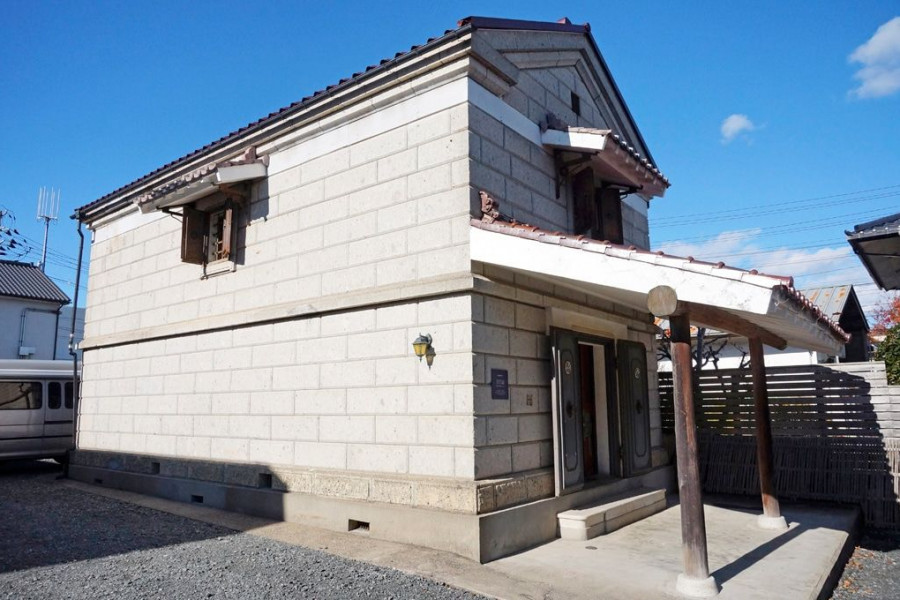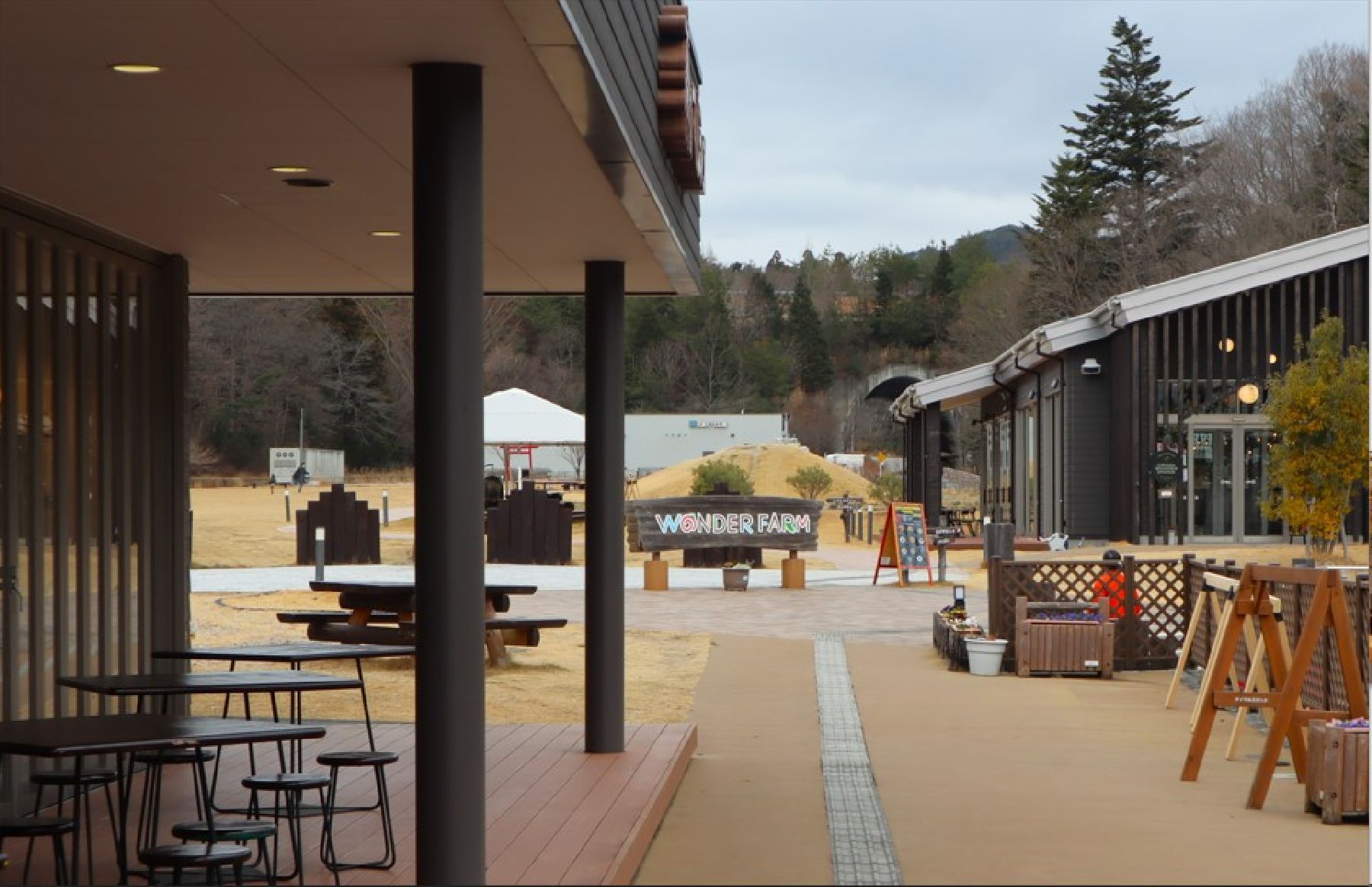Iwaki Area One Day Trip
Iwaki has plenty to offer families traveling in Japan! This area is well-known for its delicious seafood & its amazing interactive environmental aquarium Aquamarine Fukushima. Here’s a suggested day-trip for traveling by public transportation in Iwaki.
